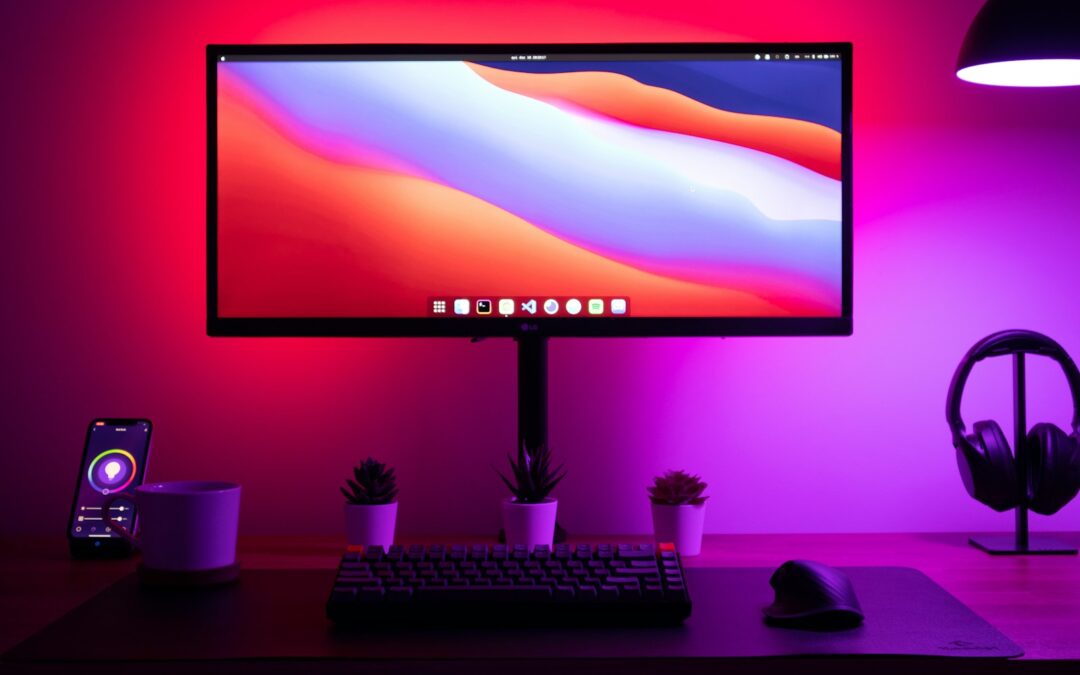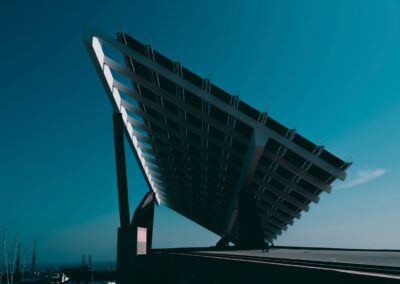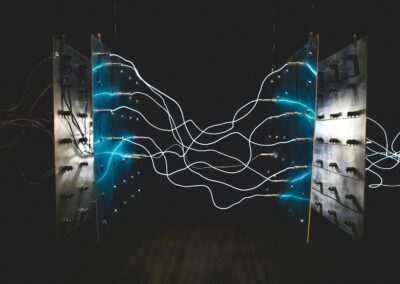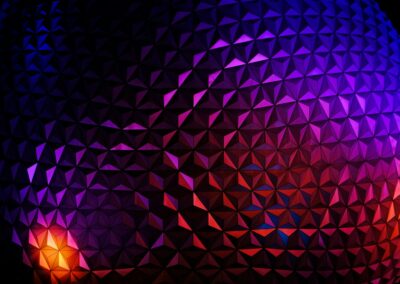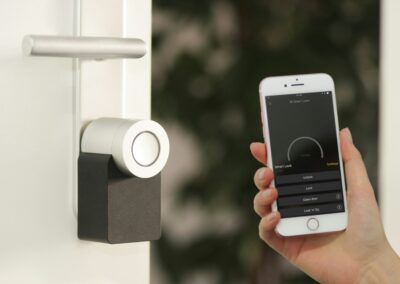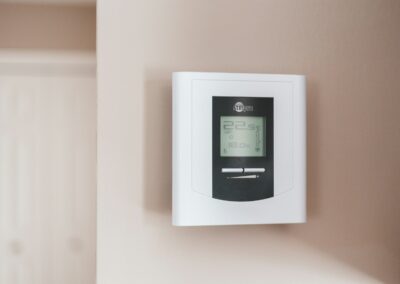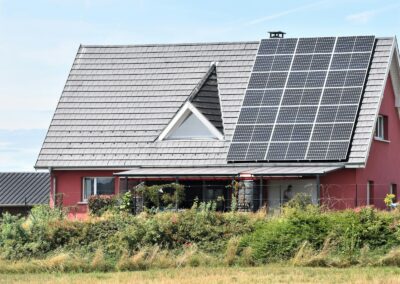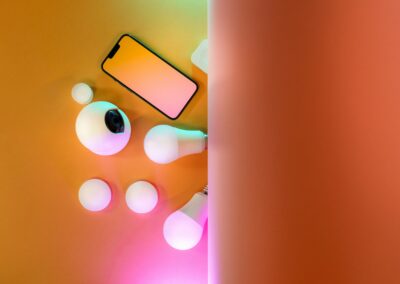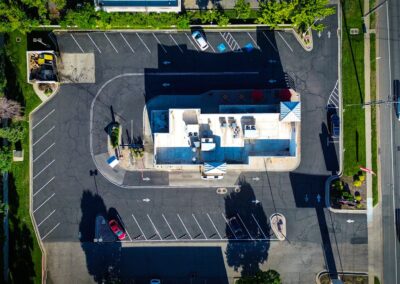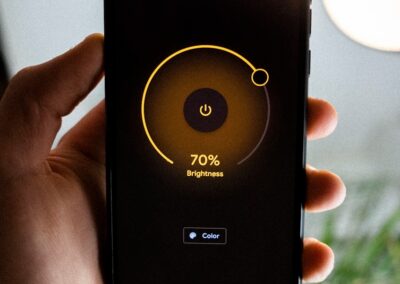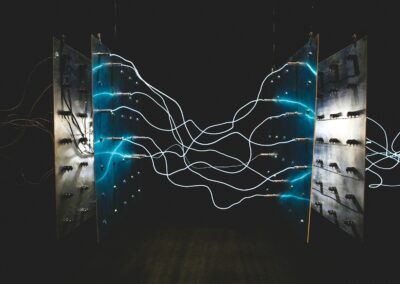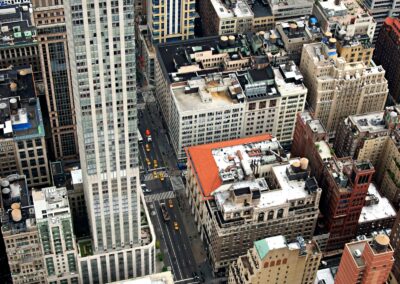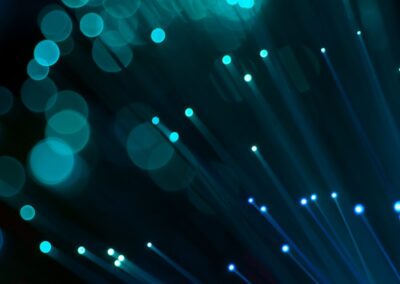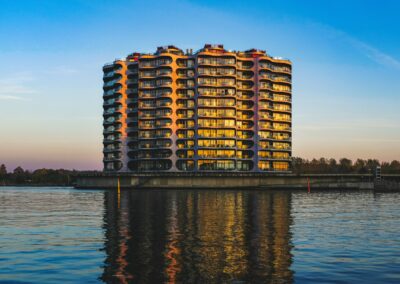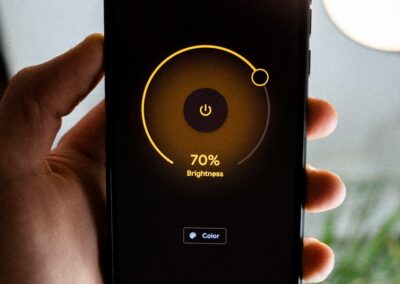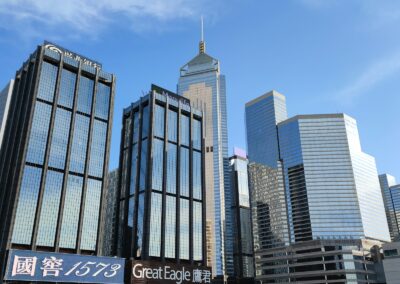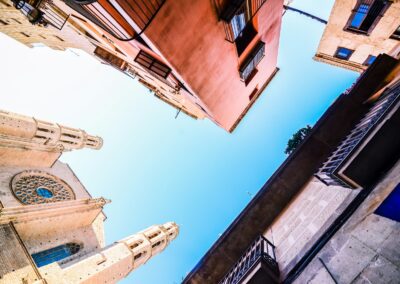The Role of Smart Lighting in Smart Cities
Advancing Energy Efficiency with Smart Lighting
Smart lighting systems are pivotal in transforming urban environments into sustainable smart cities. In cities like Riyadh and Dubai, smart lighting initiatives are being implemented to reduce energy consumption and improve overall efficiency. These systems use advanced sensors and IoT technology to adjust lighting based on occupancy and natural light availability, significantly cutting down energy wastage. The integration of smart lighting with urban infrastructure is not only an environmental imperative but also an economic advantage, leading to substantial cost savings for municipalities and businesses.
In Riyadh, smart lighting projects have demonstrated impressive results by lowering energy consumption and enhancing the quality of public spaces. These systems enable real-time monitoring and control, allowing for immediate adjustments to lighting levels as needed. Similarly, Dubai’s adoption of smart lighting technologies has set a benchmark for other cities aiming to improve their sustainability. By leveraging data analytics, these systems can predict and respond to changes in lighting needs, further optimizing energy use and reducing carbon footprints.
The adoption of smart lighting also contributes to enhanced public safety and security. Intelligent lighting systems can be programmed to increase brightness in response to detected motion, deterring potential criminal activities and ensuring safer urban environments. Furthermore, the integration of smart lighting with other smart city technologies, such as surveillance systems and emergency response networks, creates a more resilient and responsive urban infrastructure. These advancements highlight the critical role of smart lighting in achieving energy-efficient and sustainable smart cities.
Revolutionizing HVAC Systems for Sustainability
Heating, ventilation, and air conditioning (HVAC) systems are essential components of urban infrastructure, with significant implications for energy consumption and sustainability. In smart cities like Riyadh and Dubai, the integration of advanced HVAC systems is a key strategy for enhancing energy efficiency and reducing environmental impact. These systems use AI and IoT technologies to optimize temperature control, ventilation, and air quality, ensuring comfort while minimizing energy use.
In Riyadh, the implementation of smart HVAC systems in commercial and residential buildings has led to significant energy savings. These systems can adapt to changing weather conditions and occupancy patterns, automatically adjusting settings to maintain optimal indoor environments. By using predictive analytics, smart HVAC systems can anticipate and respond to maintenance needs, reducing downtime and extending the lifespan of equipment. This proactive approach not only conserves energy but also reduces operational costs and improves overall system reliability.
Dubai is also at the forefront of adopting smart HVAC technologies to promote sustainability. The city’s commitment to green building standards and energy efficiency is reflected in its widespread use of smart HVAC systems. These systems are integrated with building management systems (BMS), providing a holistic approach to energy management. By continuously monitoring and analyzing data, smart HVAC systems in Dubai can identify inefficiencies and implement corrective measures in real time. This level of precision and control is essential for achieving the city’s ambitious sustainability goals.
Integrating Smart Lighting and HVAC for Maximum Impact
The integration of smart lighting and HVAC systems in urban planning represents a comprehensive approach to enhancing energy efficiency and sustainability. In cities like Riyadh and Dubai, the synergy between these technologies creates a more cohesive and efficient urban ecosystem. By working together, smart lighting and HVAC systems can significantly reduce energy consumption, lower operational costs, and improve the overall quality of life for residents.
One of the key benefits of integrating these systems is the ability to create adaptive and responsive environments. For instance, smart lighting can be coordinated with HVAC systems to adjust lighting and temperature settings based on occupancy and time of day. This coordination ensures that energy is used only when necessary, maximizing efficiency and reducing waste. In addition, the integration of these systems with renewable energy sources, such as solar panels, further enhances their sustainability, contributing to a greener and more resilient urban infrastructure.
Moreover, the combined data from smart lighting and HVAC systems provides valuable insights for urban planners and decision-makers. By analyzing this data, cities can identify patterns and trends, enabling more informed and strategic planning. This data-driven approach supports the development of policies and initiatives that promote energy efficiency and sustainability. In Riyadh and Dubai, the use of integrated smart systems is driving innovation and setting new standards for smart city development, positioning these cities as global leaders in sustainability and smart urban planning.
#SmartLighting #HVACSystems #EnergyEfficiency #Sustainability #SaudiArabia #UAE #Riyadh #Dubai #ChangeManagement #ExecutiveCoaching #EffectiveCommunication #BusinessSuccess #ManagementConsulting #ArtificialIntelligence #Blockchain #Metaverse #GenerativeAI #LeadershipSkills #ProjectManagement

